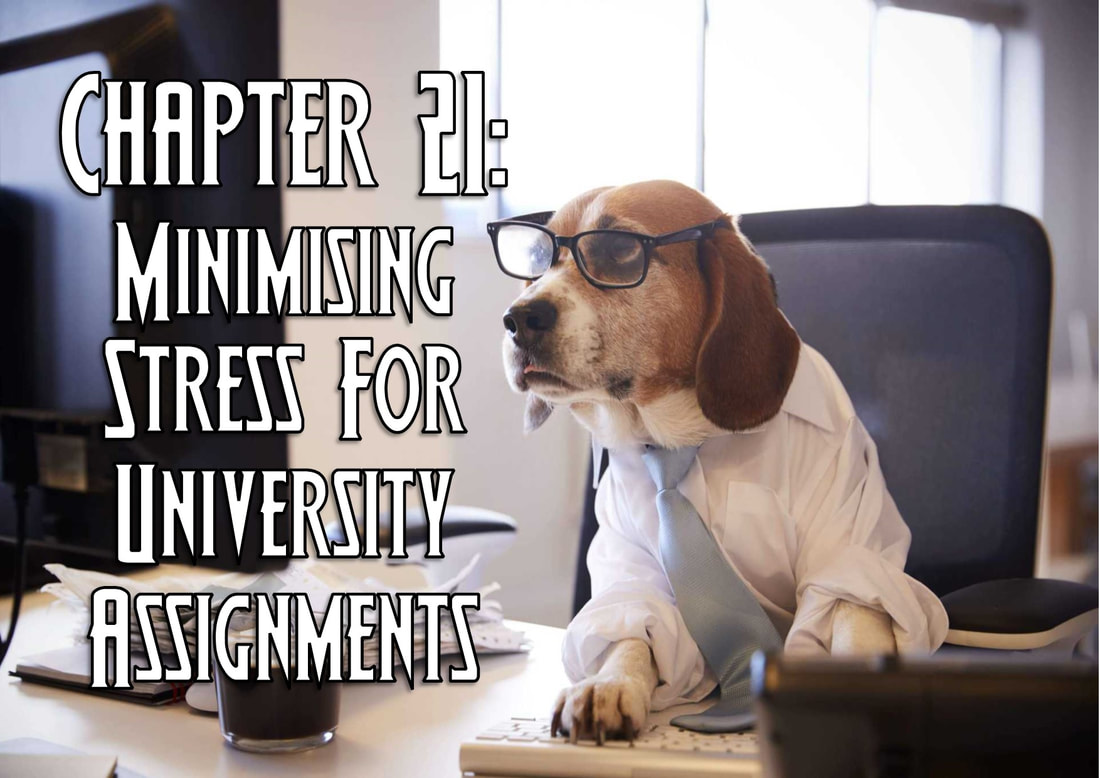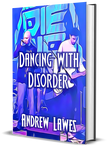|
With my Open University studies over for another year, I thought I’d share some advice on how to minimise stress levels ahead of the big assignments. So, my big week of pressure and meeting the high demands I place on myself went off without a hitch. With three 2,500-word essays to write for the FPL Nightmare and an end-of-module assessment to complete, I had given myself a lot of work to do and, rather than prioritise my university work, I forced myself to stick to the pre-determined deadlines by the Premier League as to when each gameweek ended. With time off work booked until Tuesday, I managed to get the first two of three FPL Nightmare essays and my university assessment completed by the Friday night. With the pressure then off, I was able to write the final FPL Nightmare essay of the season as the gameweek was taking place, finishing and posting it within half an hour of the bonus points being finalised. In the end, I achieved my big challenge with relative ease. Of course, there’s no way of knowing how well I actually did on the assessment until the end of July, when my final module result comes through. I think I have done quite well, but there are a couple of things I could maybe have taken a bit more time on, a few points I could’ve rewritten to add an extra argument or two, and I think that will cost me the big marks. If my aim was to achieve a first-class degree, I’d be super-stressed right now, because I’m not convinced my assignment will get the 85% required to stay on course for that. My target has always been a 2:1 degree, and I feel like I should be right on track to comfortably achieve that, so I’m happy. I could’ve taken a few more days to refine and rework my submitted essay, but I actually think that would’ve been detrimental to me, even if it ended up getting me a few extra marks. As a perfectionist, one of the key things for me is accepting something is good enough. Nothing I create, whether for fun, work or education, is ever of a high enough standard to leave me happy. The curse of perfectionism means this would’ve been the case whether I spent another three days making minor alterations to my essay or whether I submitted it early. Despite everything I’ve written this year, all fifty-odd essays and the 60,000+ words I have so far on my book, I actually like very little of it. All I see is flaws, all I focus on is everything that could’ve been better. I will be this way for the rest of my life with anything I create, so, at some point, I have to say enough is enough and just accept that the quality of these things is subjective and hyper-focusing on one thing leads to me achieving nothing. It’s why deadlines are so wonderful to me, and why I impose them on myself all the time, because they represent a point in time when I simply have to let the bloody thing go. To counter the hyper-obsessive tendency of mine, I have developed a personal assignment-writing routine that works for me. I am going to share it here, in case anyone can benefit from it. I study through the Open University, and things may be different at traditional universities, but I reckon it’s all adaptable:
This is the process I developed in January, after I was kicked off the course for a few weeks because of an admin error on the part of the Student Loan company. I had no access to any of the online work in the run-up to an assignment deadline so, before they revoked my website access, I went through and got all the ‘relevant material’ in one Word document. Since then, I have repeated that process for every assignment, and my stress levels have been far reduced as a result. For the End-of-Module Assessment, worth 40% of the module marks and the biggest assignment by far, I had the lowest stress levels of any assignment I have done. This process stops the assignments feeling daunting, turning them from an unassailable challenge to a paint-by-numbers exercise. It’s not a perfect guide, and by refusing to do several drafts, I probably cost myself some marks. What it does do, though, as manage both my stress levels and perfectionism, and enables me to submit an assignment and move on with my life. I’m now halfway to my degree, fifty percent of the way to getting that key that opens up new doors for my future. If I wanted a perfect degree, I’d maybe do things differently, but it’s not a perfect degree I want, it’s that key. Right now, I feel relaxed about the challenge ahead, because I feel like that key will soon be mine. I hope this can help you in your studies. Take care, LAWES ◊◊◊ Song of the Chapter: ‘Little By Little’ by Oasis Quote of the Chapter: “Perfectionism is self-abuse of the highest order.” Anne Wilson Schaef Comments are closed.
|
"One of the most insightful works I've read on mental health problems in men ... very well-written and a real page-turner. I would recommend it to anyone.
⭐️⭐️⭐️⭐️⭐️" Dancing With Disorder
Hardcover: £19.99 Paperback: £12.99 Kindle: £2.99 "It communicates a deep understanding of troubled individuals who suffer from the challenges of mental disorders ... Courageous, wise, humorous and thought-provoking ... an easy-to-read, surprising and subtly moving chronicle.
⭐️⭐️⭐️⭐️⭐️" Follow Andrew Lawes on Social MediaDisorderly
|





